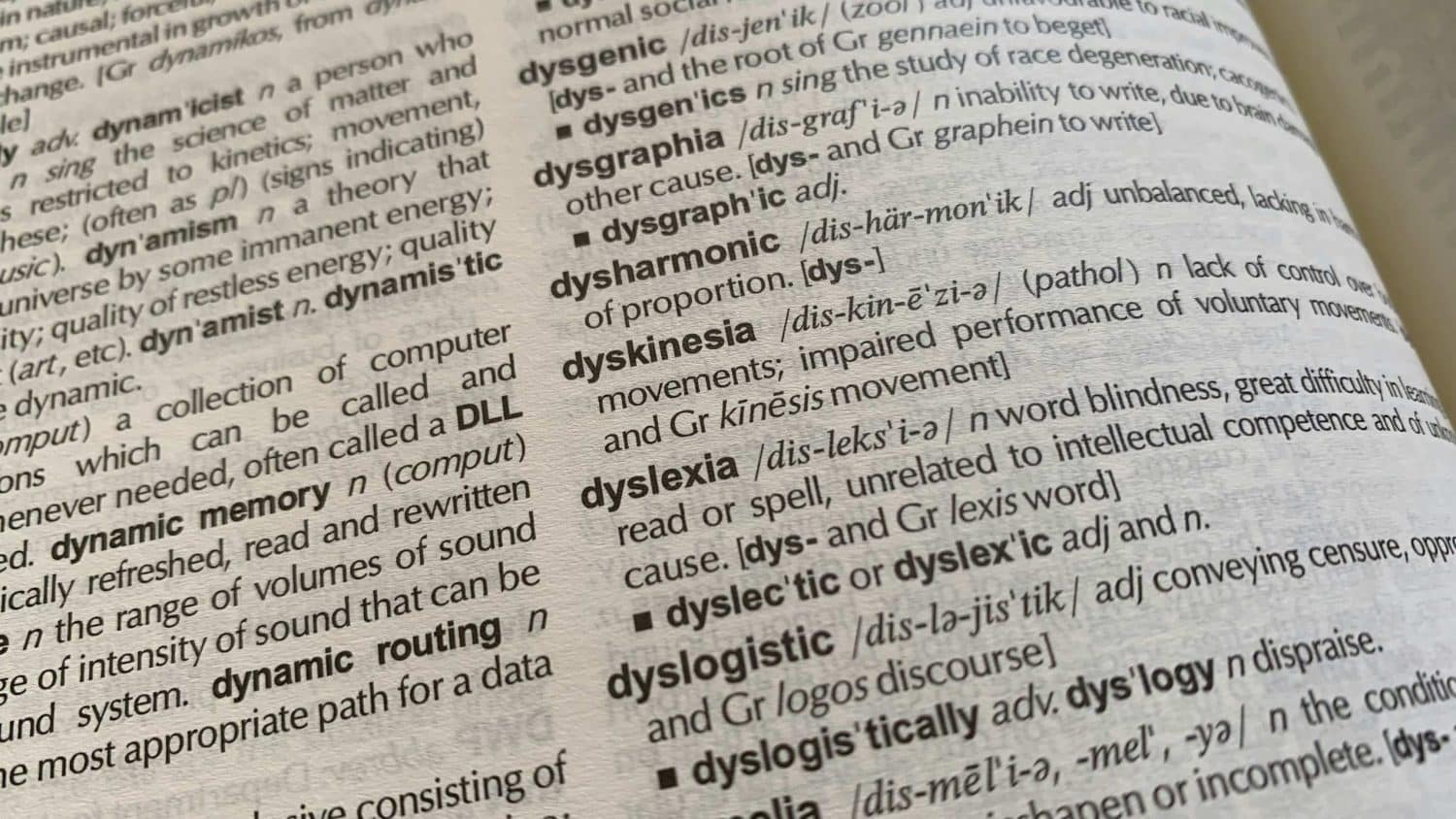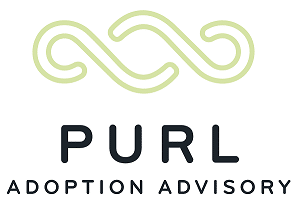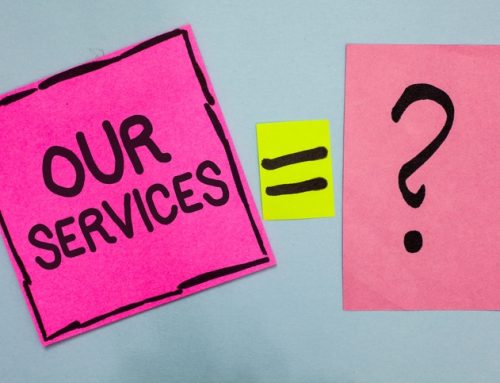
What is Dyslexia?
October is Dyslexia Awareness Month! Dyslexia is a language-based, specific reading learning disability that disrupts how the brain processes written language, and makes it more difficult to learn to read, write and spell. Dyslexics have trouble breaking down words into letter sounds, which can make learning to read slow and difficult. Dyslexia is thought of as a hidden disability and it can result in underemployment, difficulty navigating academic environments, difficulty on the job, and reduced self-confidence.
It is thought that dyslexia impacts between 7-20% of people worldwide. The Dyslexia Research Institute estimates that although 1 in 5 Americans likely have dyslexia, many go undiagnosed. There are grades or levels of dyslexia, with individuals suffering from minor, moderate or severe cases.
Dyslexia has nothing to do with intelligence
Dyslexia has nothing to do with intelligence. It often exists in children with average to high intelligence even though 70-80% of children with dyslexia are placed into special education classes. More than 50% of NASA employees are dyslexic, and the space agency actively seeks out people with dyslexia for their unique skills. Dyslexics tend to think in a nonlinear way, which some say is the essence of entrepreneurship. A study by Tulip Financial Research found that 40% of the 300 business leaders they studied had dyslexia, which is four times the rate in the general population.
What causes dyslexia and that connection with adoption
Dyslexia is highly genetic. A child is much more likely to have dyslexia if a parent or both parents have it. While there are few studies on it, there also seems to be a definite connection with dyslexia with adoption, and it is thought that kids who are adopted are twice as likely as non-adopted kids to have learning and attention issues. But why? There is no concrete data as to why adopted children are more at risk, but some factors other than genetics may play a role, including:
- Exposure to drugs or alcohol before birth,
- Complications at birth,
- Poor nutrition or stress during pregnancy,
- Loss of a first language due to adoption (due to adoption from another country).
Our Thoughts on Dyslexia and Adoption
We believe that the genetic component in developing dyslexia is a huge part of dyslexia seen in domestic adoption situations. I would venture to say that an undiagnosed or untreated underlying learning disability in a birth parent may have factored into their situation that lead to them making an adoption plan in the first place. I believe this is likely because it is so difficult (and oftentimes expensive) for individuals to get the treatment and interventions needed to overcome this learning disability, particularly in our current educational systems. For example, there is a much higher high school dropout rate for people with learning disabilities and also a higher rate of anxiety disorders. There is also evidence that the prison population has a high rate of dyslexia, with studies showing that 85% of juvenile offenders have reading disabilities. So I can understand how someone who is struggling with undiagnosed or untreated learning disability may be more likely to end up in a crisis situation that leads them to make an adoption plan.
What Adoptive Parents Must Do
No matter the underlying reason dyslexia is more likely to manifest in an adoptee, adoptive parents need to be more prepared for and able to advocate for their child with learning disabilities. It is essential that parents of a child with dyslexia (or other learning disability) advocate for their child to be tested early and receive intervention for this disability. The interventions for dyslexia typically include a multi-sensory teaching strategy paired with systematic, sequential lessons focused on phonics. The International Dyslexia Association (“IDA”) has a wealth of information on dyslexia, as well as some information on the best structured literacy programs that are recommended to use to teach children with learning disabilities. For those children with severe learning disabilities, there are also schools that are specifically geared towards children with specific reading learning disabilities, and other intensive reading programs, like those based on Orton-Gillingham, that can help children overcome these disabilities while still allowing them to stay in the same mainstream schools.
Here are some fun facts about dyslexia:
- People with dyslexia are often more creative, and people with dyslexia are often gifted in areas like art, music, and math.
- The symptoms of dyslexia aren’t always what you think (e.g. not all people who are dyslexic reverse letters)
- Dyslexia can be an advantage in engineering because of the strengths it can give people in areas like problem-solving and spatial reasoning. In fact, they can see patterns, logic, and links that others can’t.
- They often have an exceptional ability to solve complex problems and strong critical thinking skills.
- Some famous people with dyslexia: Albert Einstein, Pablo Picasso, Richard Branson, President George Washington, Steven Spielberg, and Steve Jobs!

What is Dyslexia?
October is Dyslexia Awareness Month! Dyslexia is a language-based, specific reading learning disability that disrupts how the brain processes written language, and makes it more difficult to learn to read, write and spell. Dyslexics have trouble breaking down words into letter sounds, which can make learning to read slow and difficult. Dyslexia is thought of as a hidden disability and it can result in underemployment, difficulty navigating academic environments, difficulty on the job, and reduced self-confidence.
It is thought that dyslexia impacts between 7-20% of people worldwide. The Dyslexia Research Institute estimates that although 1 in 5 Americans likely have dyslexia, many go undiagnosed. There are grades or levels of dyslexia, with individuals suffering from minor, moderate or severe cases.
Dyslexia has nothing to do with intelligence
Dyslexia has nothing to do with intelligence. It often exists in children with average to high intelligence even though 70-80% of children with dyslexia are placed into special education classes. More than 50% of NASA employees are dyslexic, and the space agency actively seeks out people with dyslexia for their unique skills. Dyslexics tend to think in a nonlinear way, which some say is the essence of entrepreneurship. A study by Tulip Financial Research found that 40% of the 300 business leaders they studied had dyslexia, which is four times the rate in the general population.
What causes dyslexia and that connection with adoption
Dyslexia is highly genetic. A child is much more likely to have dyslexia if a parent or both parents have it. While there are few studies on it, there also seems to be a definite connection with dyslexia with adoption, and it is thought that kids who are adopted are twice as likely as non-adopted kids to have learning and attention issues. But why? There is no concrete data as to why adopted children are more at risk, but some factors other than genetics may play a role, including:
- Exposure to drugs or alcohol before birth,
- Complications at birth,
- Poor nutrition or stress during pregnancy,
- Loss of a first language due to adoption (due to adoption from another country).
Our Thoughts on Dyslexia and Adoption
We believe that the genetic component in developing dyslexia is a huge part of dyslexia seen in domestic adoption situations. I would venture to say that an undiagnosed or untreated underlying learning disability in a birth parent may have factored into their situation that lead to them making an adoption plan in the first place. I believe this is likely because it is so difficult (and oftentimes expensive) for individuals to get the treatment and interventions needed to overcome this learning disability, particularly in our current educational systems. For example, there is a much higher high school dropout rate for people with learning disabilities and also a higher rate of anxiety disorders. There is also evidence that the prison population has a high rate of dyslexia, with studies showing that 85% of juvenile offenders have reading disabilities. So I can understand how someone who is struggling with undiagnosed or untreated learning disability may be more likely to end up in a crisis situation that leads them to make an adoption plan.
What Adoptive Parents Must Do
No matter the underlying reason dyslexia is more likely to manifest in an adoptee, adoptive parents need to be more prepared for and able to advocate for their child with learning disabilities. It is essential that parents of a child with dyslexia (or other learning disability) advocate for their child to be tested early and receive intervention for this disability. The interventions for dyslexia typically include a multi-sensory teaching strategy paired with systematic, sequential lessons focused on phonics. The International Dyslexia Association (“IDA”) has a wealth of information on dyslexia, as well as some information on the best structured literacy programs that are recommended to use to teach children with learning disabilities. For those children with severe learning disabilities, there are also schools that are specifically geared towards children with specific reading learning disabilities, and other intensive reading programs, like those based on Orton-Gillingham, that can help children overcome these disabilities while still allowing them to stay in the same mainstream schools.
Here are some fun facts about dyslexia:
- People with dyslexia are often more creative, and people with dyslexia are often gifted in areas like art, music, and math.
- The symptoms of dyslexia aren’t always what you think (e.g. not all people who are dyslexic reverse letters)
- Dyslexia can be an advantage in engineering because of the strengths it can give people in areas like problem-solving and spatial reasoning. In fact, they can see patterns, logic, and links that others can’t.
- They often have an exceptional ability to solve complex problems and strong critical thinking skills.
- Some famous people with dyslexia: Albert Einstein, Pablo Picasso, Richard Branson, President George Washington, Steven Spielberg, and Steve Jobs!



